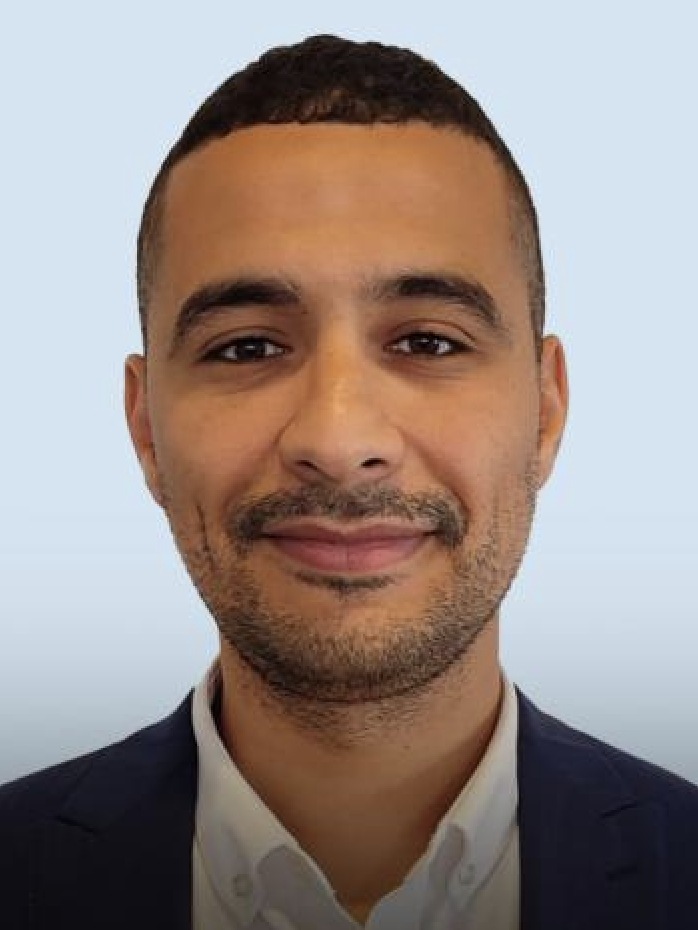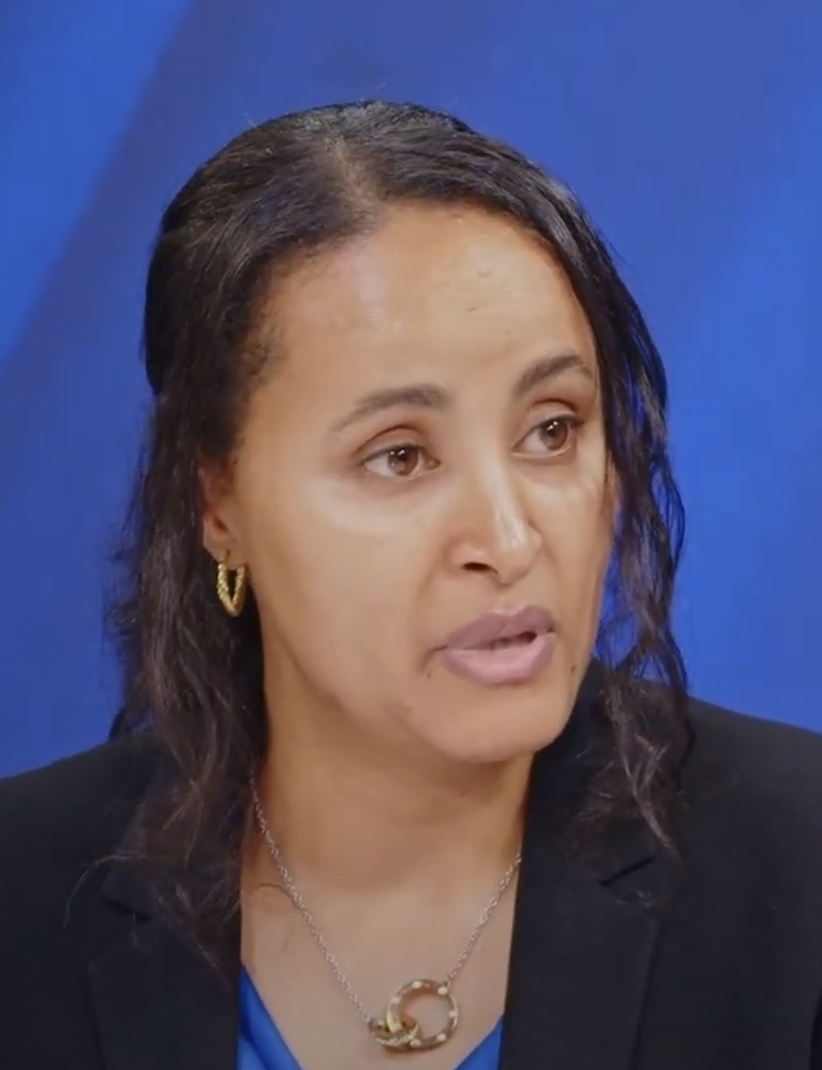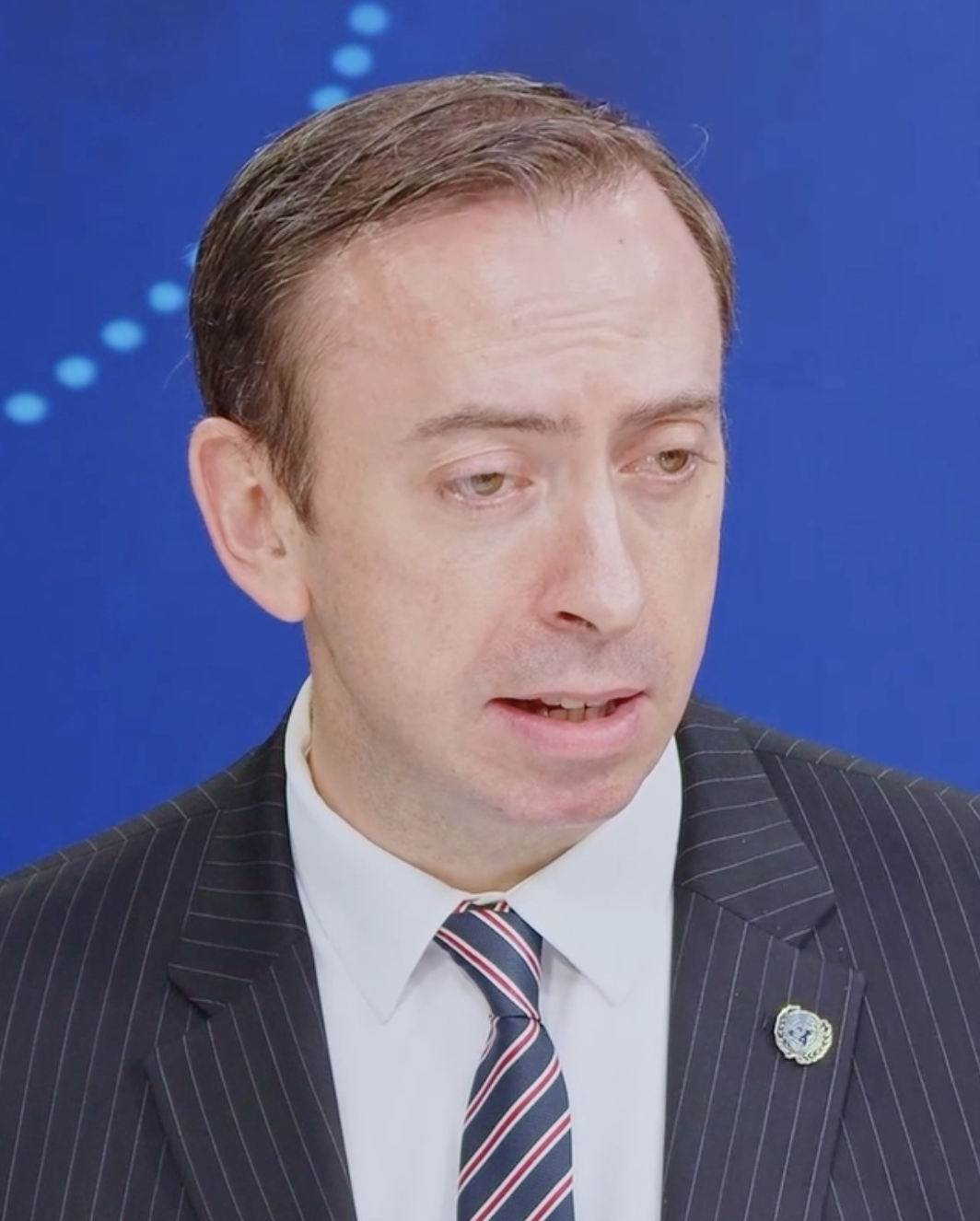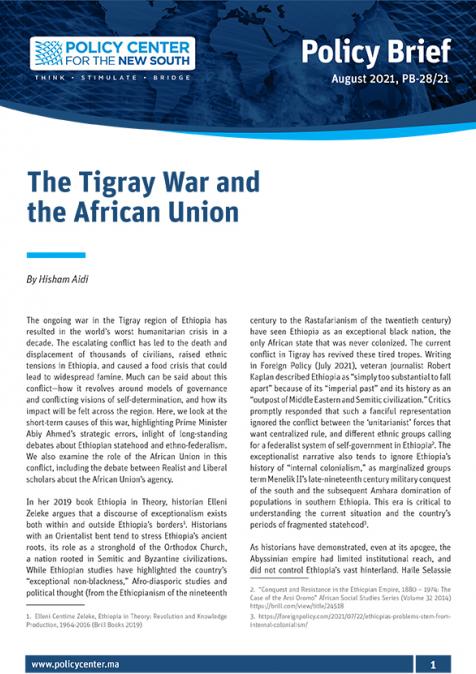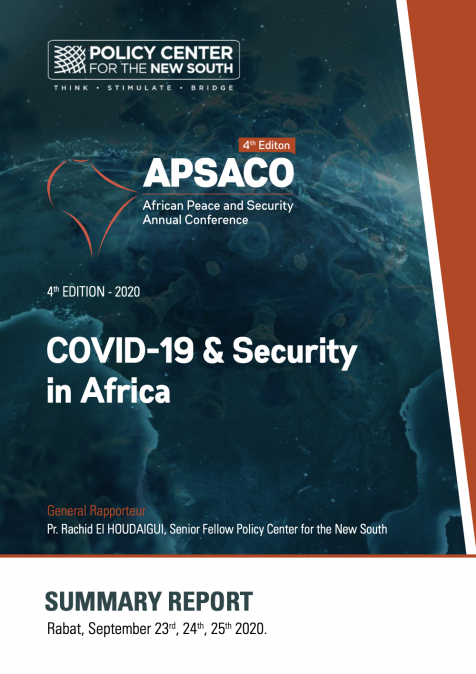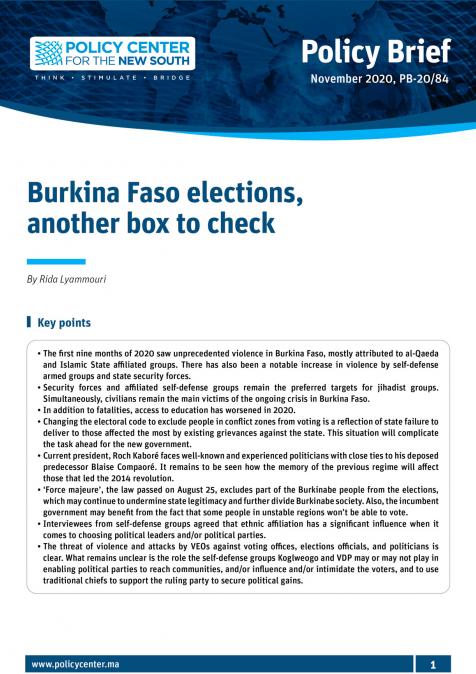This episode examines the African Peace and Security Architecture amid evolving threats, questioning its effectiveness against modern crises such as terrorism, environmental stress, disinformation, and cyber risks. It highlights institutional and political gaps, exploring the challenges of enforcement, coordination, and regional-continental integration. The discussion identifies urgent tools and reforms needed to enhance APSA’s agility, inclusiveness, and responsiveness. Finally, it considers the roles of civil society, legal frameworks, and external partners in strengthening Africa’s security architecture.
The views expressed in this broadcast do not necessarily reflect the views of the United Nations Secretariat and are those of the author
